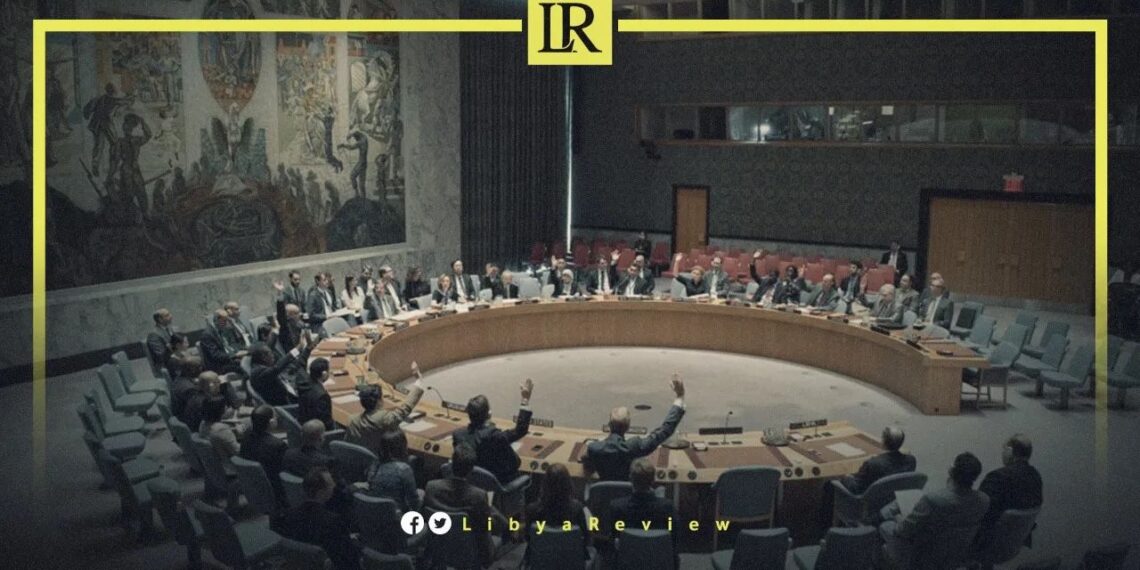The United Nations Security Council (UNSC) is set to meet in January to review the mandate of the United Nations Support Mission in Libya (UNSMIL) and renew measures under Resolution 2146, which addresses the illicit export of oil from Libya.
The council is expected to extend the mandate of the Panel of Experts on Libya, established under Resolution 1970, which expires on 15 February. This follows Libya’s Investment Authority’s request in December to allow reinvestment in frozen assets abroad to preserve their value.
Delays in appointing a new UNSMIL head have caused tensions among council members. Since the resignation of former envoy Ján Kubiš in 2021, UNSMIL has faced leadership instability, despite the appointment of Abdoulaye Bathily in September 2022, who later stepped down. The mission’s mandate, set to expire on 31 January, may automatically renew for nine months if a new head is appointed by then.
Resolution 2146, adopted in 2014, permits member states to inspect vessels suspected of illegally exporting Libyan oil. The Panel of Experts’ December report recommended measures to enable the Libyan Investment Authority to reinvest frozen assets, a move that has faced resistance due to Libya’s political instability.
Disagreements persist among council members, including Russia, China, and Western nations, over the management of Libya’s assets. However, all members agree on the need for a Libyan-led political process to organise national elections and establish a unified government.
To this end, UNSMIL Acting Head Stephanie Williams has intensified efforts to mediate between Libya’s rival governments. The UNSC may issue a statement supporting her initiatives to foster dialogue and finalise election laws, paving the way for stability.


